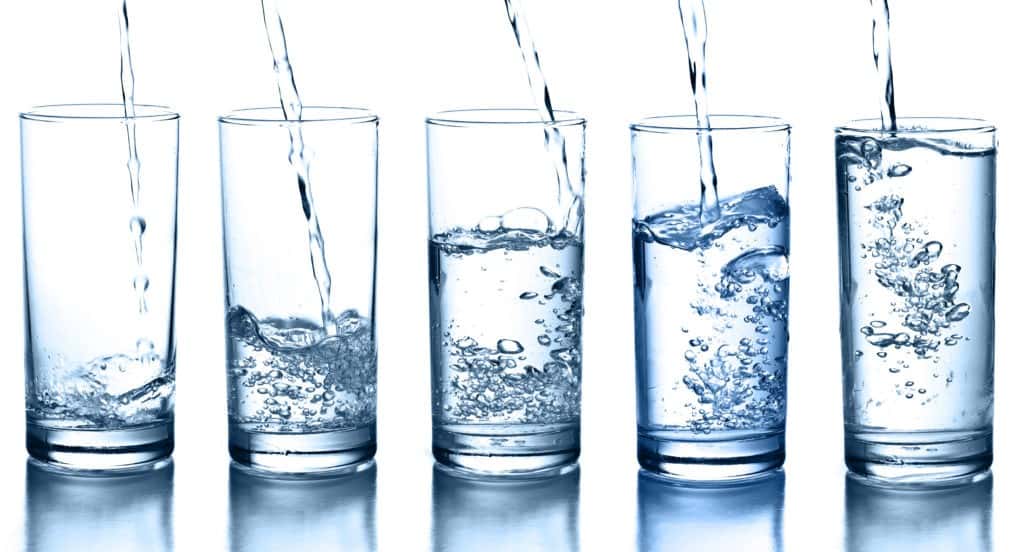Your Health
Of the things you consume, water ranks high up in terms of its importance to your health and wellbeing. Tap water may contain a number of contaminants and residue from the purification process such as chlorine. Water Filtration removes chlorine, disinfection byproducts and heavy metals such as mercury, lead, and arsenic.

The Pure Test of Water
Tap water has a tinge of chlorine influencing its smell and distilling water removes most minerals leaving it testing bland. Filtered Water on the other hand strikes the balance, removing chlorine, contaminants, harmful minerals, leaving you with a pure and satisfying pure water test.
The Granular Activated Carbon (GAC) filter
A granular activated carbon (GAC) filter is a proven method to remove certain chemicals, particularly organic chemicals, from water. GAC filters also remove chemicals that give unpleasant odours or tastes to water such as hydrogen sulphide (rotten eggs odour) and chlorine.
The GAC filter consists of carbon granules that have been treated with oxygen, making them porous. Water then passes through the filter, with the impurities and heavy metals bonding to the carbon, and thus removed from the water.
How often should I change my filter?
Eventually, the ability of the GAC filter to bind and remove chemicals is used up, requiring the filter to be changed. How often the GAC filter should be changed is dependent on contaminant levels and water consumption.
GAC filters may last for well over a year if contaminant levels and/or water usage is low. To maintain the highest quality of water, it is recommended to replace your filter every 12 months, or sooner if you notice a decrease in flow rate or taste or odour changes.


Recent Comments